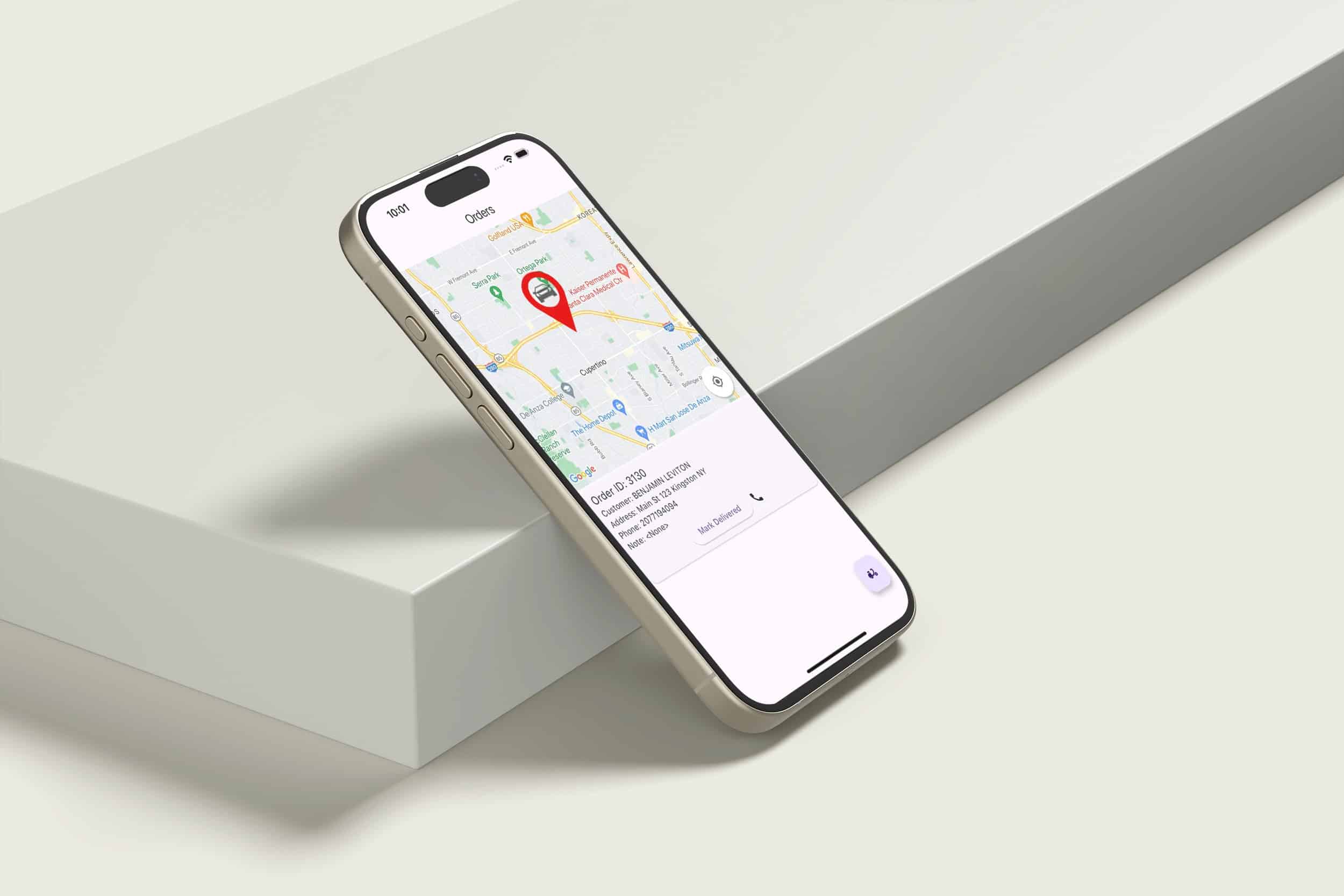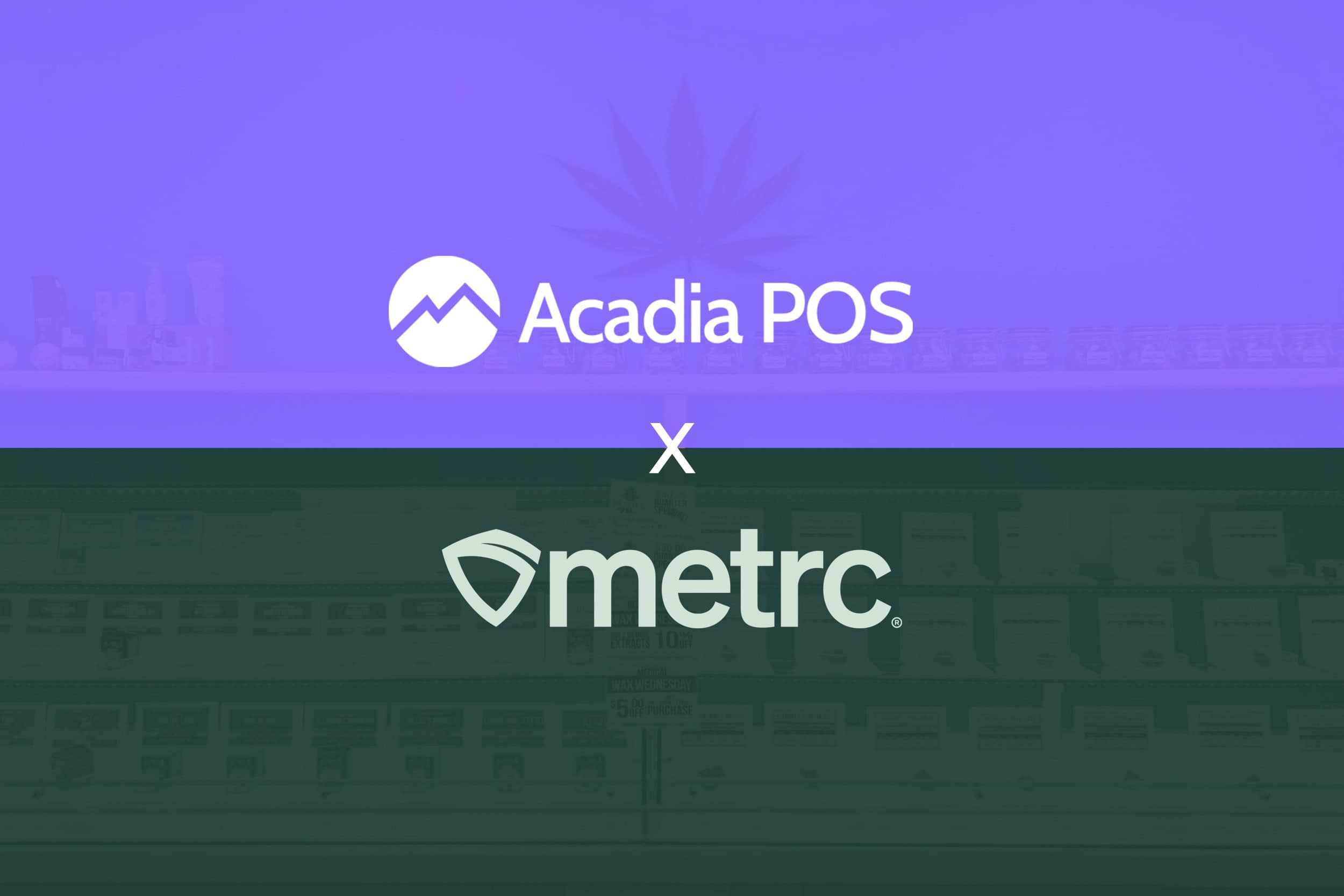
Non-cloud based does not mean Windows-based
Point-of-sale (POS) systems have come a long way since the days of clunky cash registers. Today, many POS systems are cloud-based, allowing businesses to access their data from any device with an internet connection. However, some people still conflate non-cloud POS with Windows-based POS because most non-cloud-based systems happen to be windows.
Cloud-based POS systems have many advantages over their non-cloud counterparts. For one, they are not limited to a single device or location. This means that businesses can access their data from anywhere, at any time, and on any device. This is particularly useful for businesses with multiple locations or those that need to access their data remotely.
Another advantage of cloud-based POS systems is that they are typically built on multi-platform frameworks. This means that they can have clients for almost any modern operating system, including Windows, macOS, Linux, and even mobile operating systems like iOS and Android. This makes it easy for businesses to use the POS system that best fits their needs, regardless of the devices they have on hand.
One of the main reasons why some people conflate non-cloud POS with Windows-based POS is that most non-cloud-based systems happen to be Windows. However, this is not always the case. In fact, modern cloud-based POS systems can be accessed from almost any device, regardless of the operating system it uses. This makes them a flexible and scalable solution for businesses of all sizes.
It is important to understand the differences between cloud-based and non-cloud-based POS systems. While some non-cloud-based systems may be Windows-based, cloud-based systems can be accessed from almost any device. This makes them a more flexible and scalable solution for businesses. Additionally, modern cloud-based POS systems are often built on multi-platform frameworks, allowing them to have clients for a wide range of operating systems.



